Regular use of sunscreen is essential to maintain short-term and long-term skin health. A broad-spectrum sunscreen with an SPF of at least 30 can protect your skin from immediate tanning, dullness, sunburn and UV-damage-induced dryness. For the long haul, sunscreen use is important to keep issues like early signs of ageing, skin cancer, loss of elasticity and overall diminishing of skin quality at bay. Dermatologists often recommend using sunscreen daily, even when you're indoors, to keep your skin free of hyperpigmentation, freckling, scarring and wrinkling. And similar to any other kind of skincare essential, sunscreen should also be researched before buying, because different skin types have different needs and concerns. A majority of these concerns can be dealt with by the two major kinds of sunblock - mineral and chemical sunscreens - and here's how you can differentiate between the two and make the right pick for you.
01Difference between mineral vs. chemical sunscreen
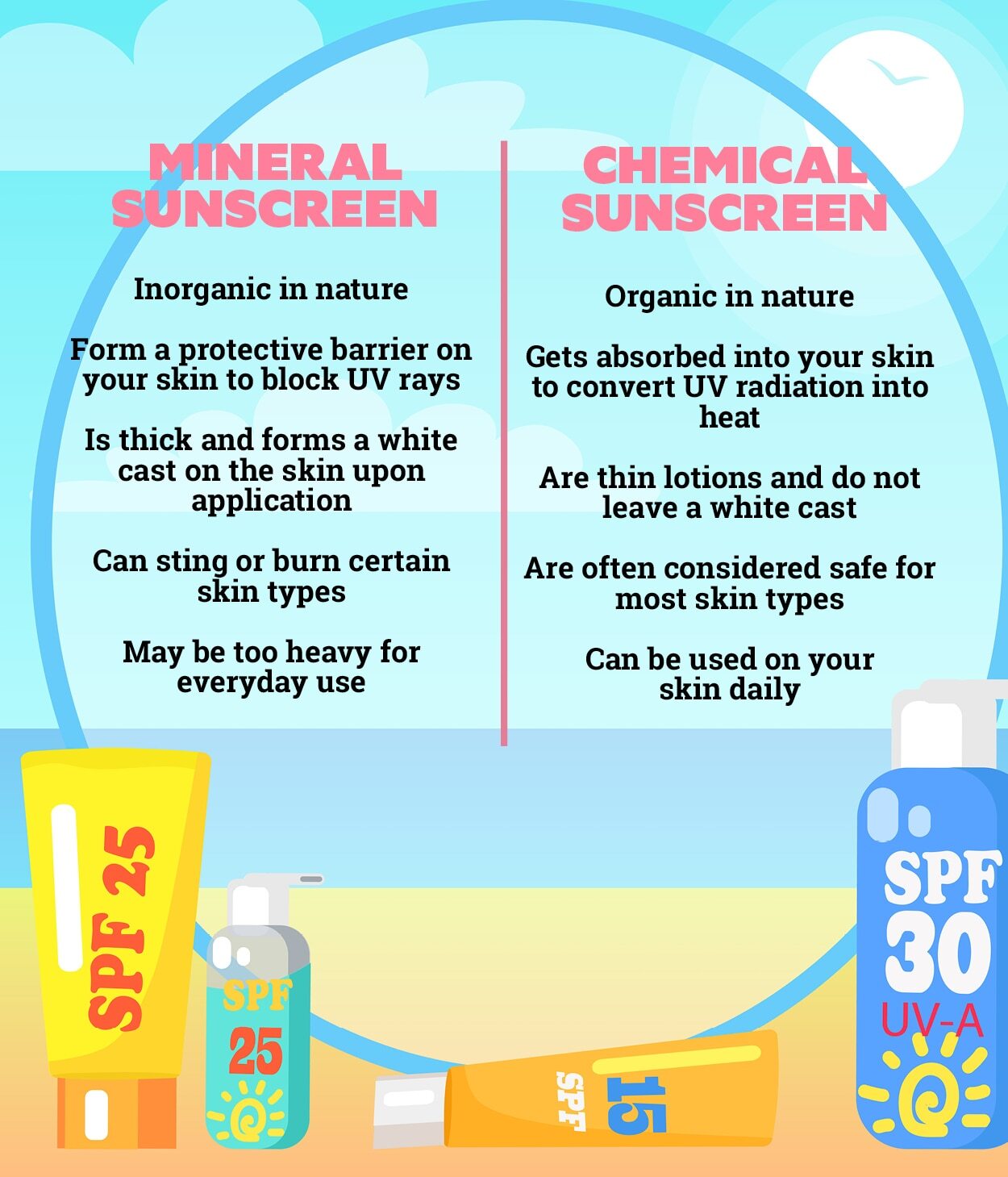
The key difference between mineral and chemical sunscreen is that mineral products (also known as physical) sit on your skin while chemical formulations get absorbed into your skin. Mineral formulas start working immediately as they reflect both UVA and UVB rays to protect your skin from damage. Chemical formulations turn UV radiation into heat through a chemical reaction, so that it does not damage your skin too much. In order to make a call on which one will suit your skin better, we will have to take a look at both types of sunscreens in detail and weigh out the pros and cons.
02Mineral sunscreens - Pros
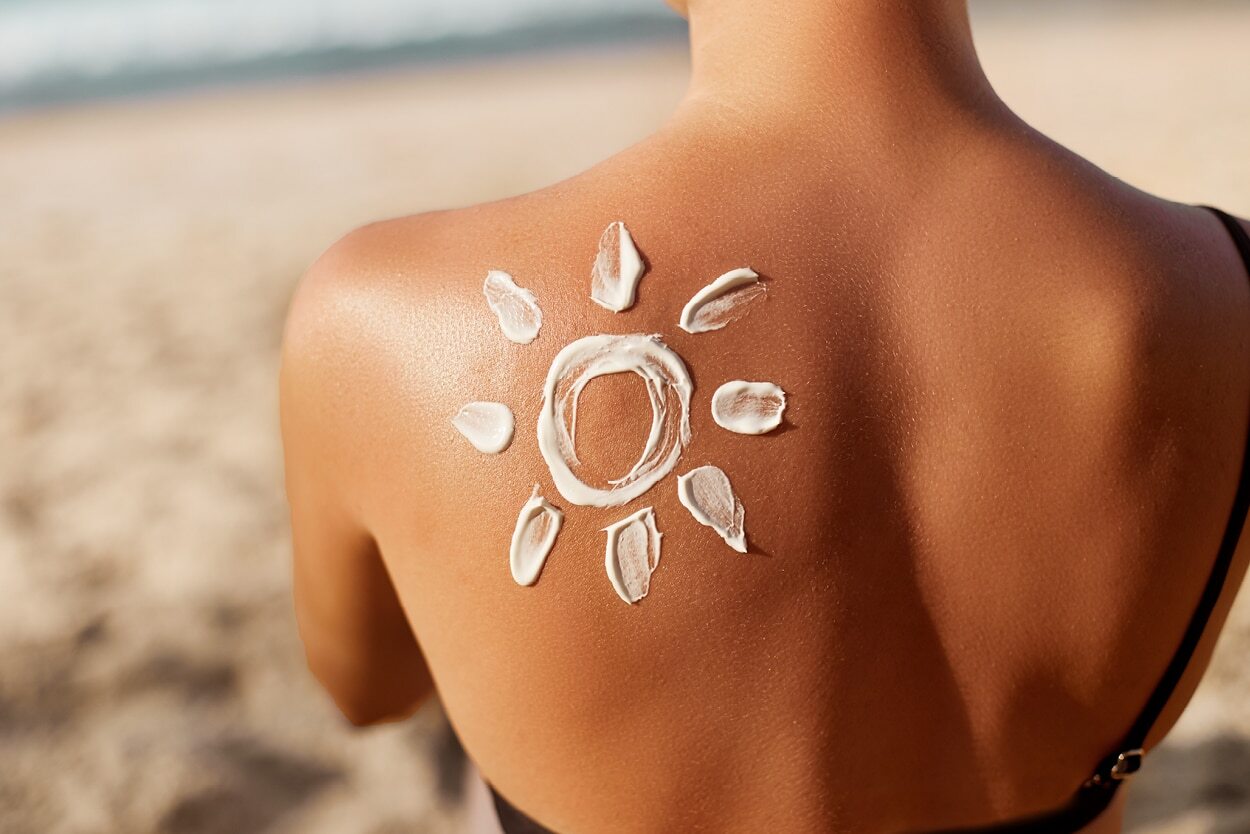
- Since mineral sunscreen works by reflecting and scattering the UV radiation off of your skin, they start to work immediately and do not need the 30-minute head start that chemical sunscreens need to start working.
- They are more stable as compared to chemical filters; as such, you may not need to re-apply them every couple of hours for them to offer proper protection. However, they can be wiped away by sweat or activities like swimming or working out, in which case they will need re-application.
- Mineral sunscreens have an easier-to-read label because of the simplicity of their ingredients. They are less prone to cause your skin any sensitivity issues as well.
- Mineral formulations are non-comedogenic in nature with the major ingredients also offering an anti-inflammatory benefit for your skin.
03Mineral sunscreens - Cons
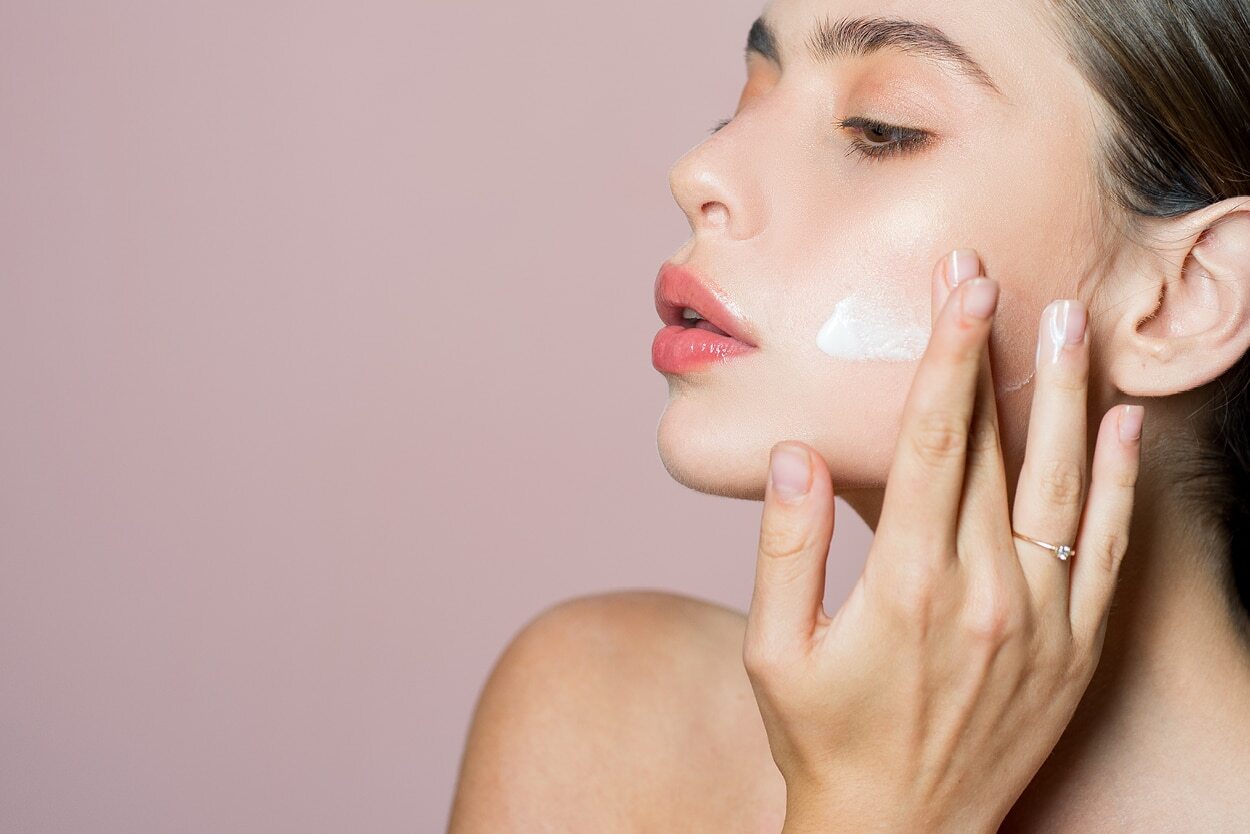
- People with deeper skin tones can sport a chalky, pasty and thick caste while applying mineral sunscreens. This means that you might have a harder time blending It with your complexion or using a nanotechnology-infused formulation to help break down the particles.
- The skincare community is pretty unanimous on the adverse effects of nano-mineral sunscreens on the environment. These compounds have been known to escape into water supplies and directly affect marine life and other aquatic organisms. The jury is still out on how exactly this can be countered, but if your beauty philosophy is to keep your routine sustainable, mineral sunscreens may not be for you.
- Physical sunscreens are typically heavier in texture and finish; while they are ideal for direct and exaggerated sun exposure, like at the beach, everyday use can feel too overwhelming and even break you out.
04Chemical sunscreens - Pros
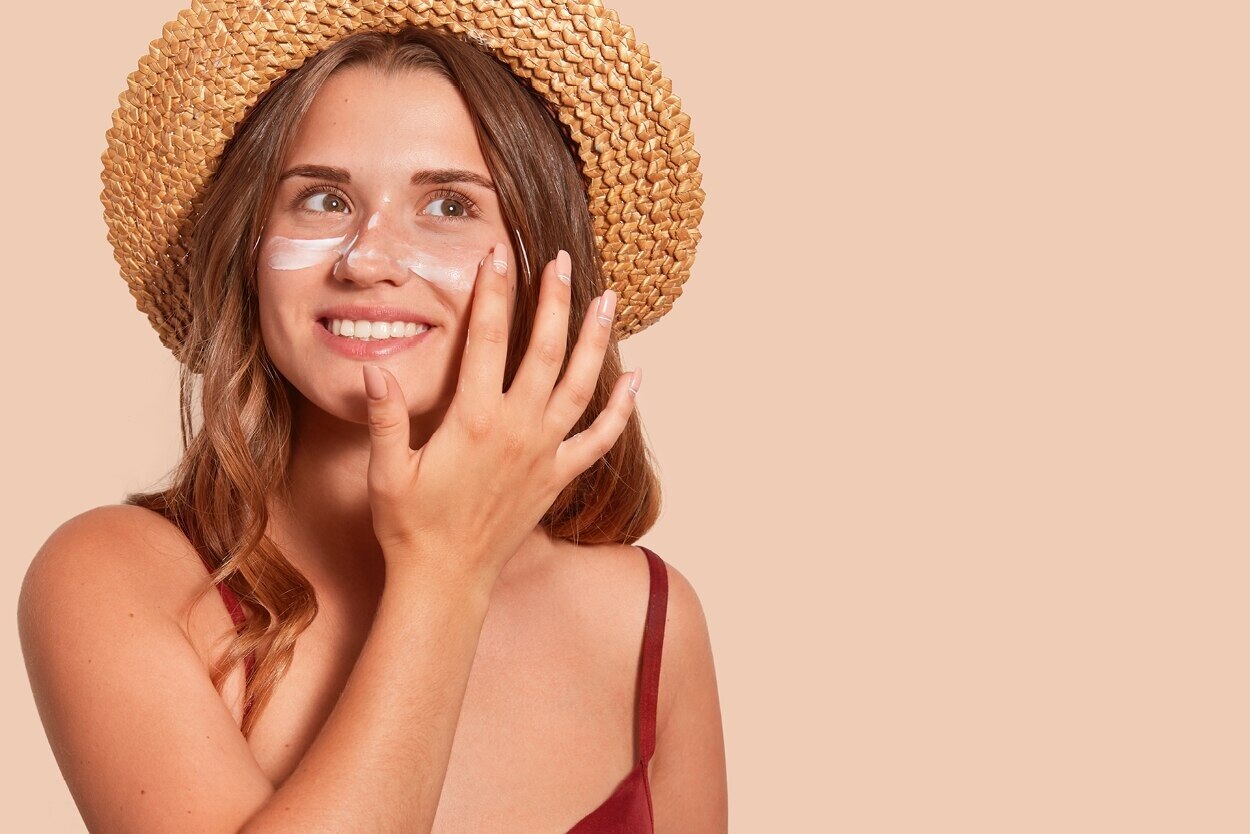
- Chemical sunscreens are lighter in texture and easier to apply; the formulas need to be applied at least 15 minutes prior to stepping out in the sun.
- Chemical formulations do not leave a white cast on your skin, even for deeper skin tones. They are specifically designed to mimic a weightless lotion or a lightweight moisturiser for people who love easy-to-use skincare staples.
- Chemical sunscreens are a more cosmetically pleasing formulation as they come in blendable textures and are a much better fit to wear under makeup.
- Chemical sunscreens are often formulated with other skin-boosting ingredients like peptides, vitamin C, enzymes, and hydrating acids which can give your skin advanced care in addict.
05Chemical sunscreens - Cons
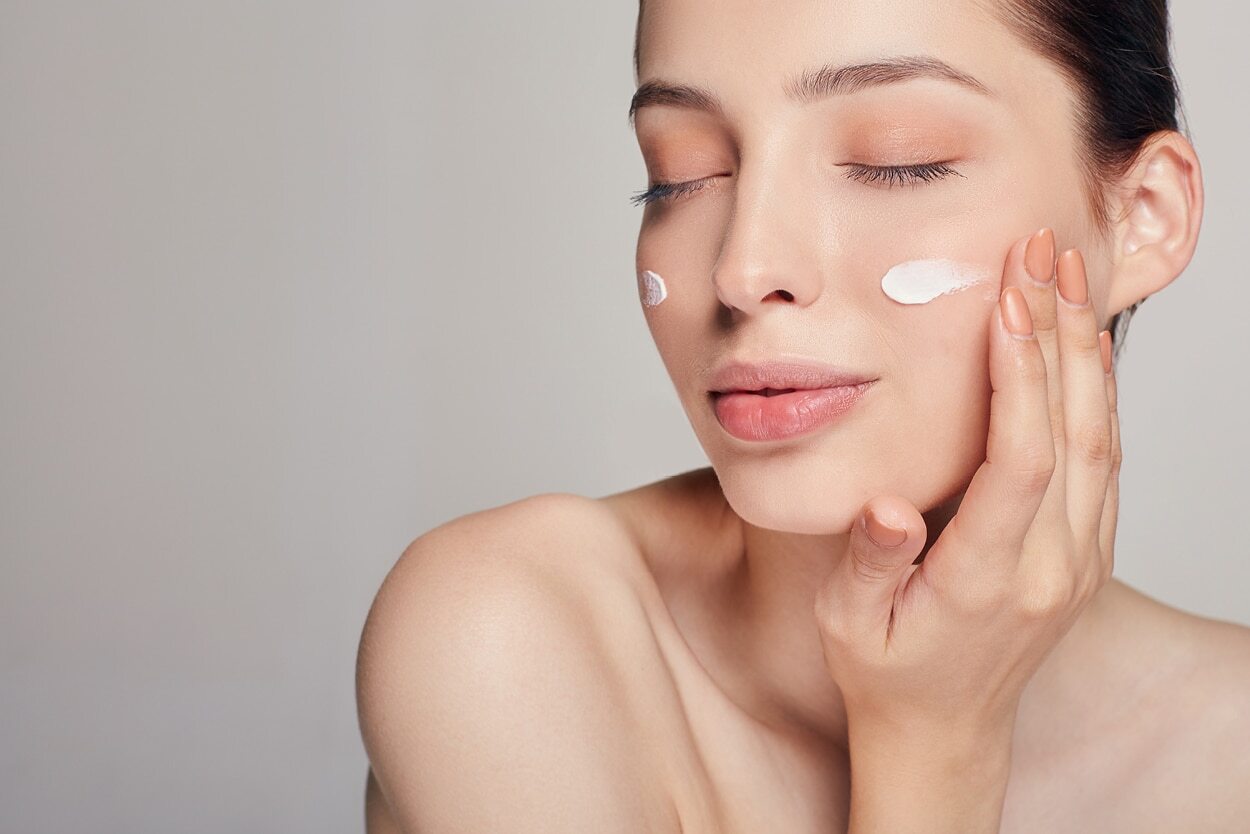
- The commonly used chemical filters are avobenzone, oxybenzone, homosalate, octinoxate, octisalate, octocrylene, and ensulizole. While these chemicals are deemed safe to be used now, there is still research pending on exactly how safe they are, both for the skin and environment.
- Chemical sunscreens are not photostable in nature and need to be applied every 2-3 hours when in direct sunlight. However this can be remedied by using hybrid formulations - they combine both physical filters and chemical blockers to give you advanced UV protection.
- Some studies have claimed that ingredients from chemical sunscreens can get absorbed into your bloodstream through your skin. Having said that, the research is still pending on what that means for your health or what amount of exposure to the chemicals in the sunscreen is safe or not.
06How to choose the right sunscreen for your skin type
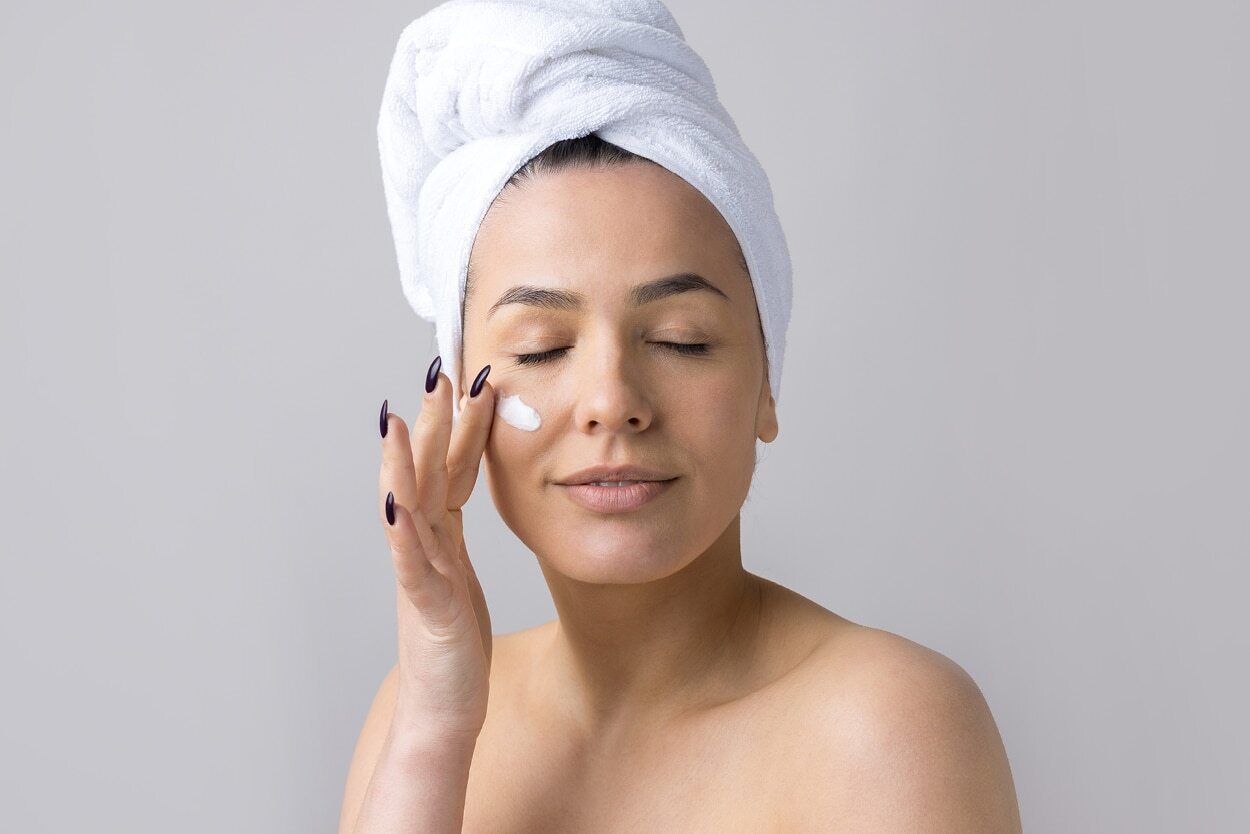
As seen above, both physical and chemical sunscreens have their own sets of pros and cons. Even dermatologists and the skincare community are constantly debating which one should be prioritized over the other. In such a case, the decision of choosing the right product for you depends on completely personal factors. This means you need to assess your skin's individual needs, lifestyle factors, the product's preferred texture, skin tone, and sensitivity to ingredients. Pro tip - Indian skin with deeper skin tones does not fare well with mineral formulations, as that can give an ashy finish to your skin. Similarly, if your skin tends to be too sensitive to potent ingredients, try to steer clear of chemical formulations as you might not know which chemical can present a reaction on your skin. However, make sure to read the ingredient list and do a patch test before trying a new product. For oily and acne-prone skin, opt for a gel-based and non-comedogenic formula to keep breakouts at bay.
07FAQs about mineral vs chemical sunscreen
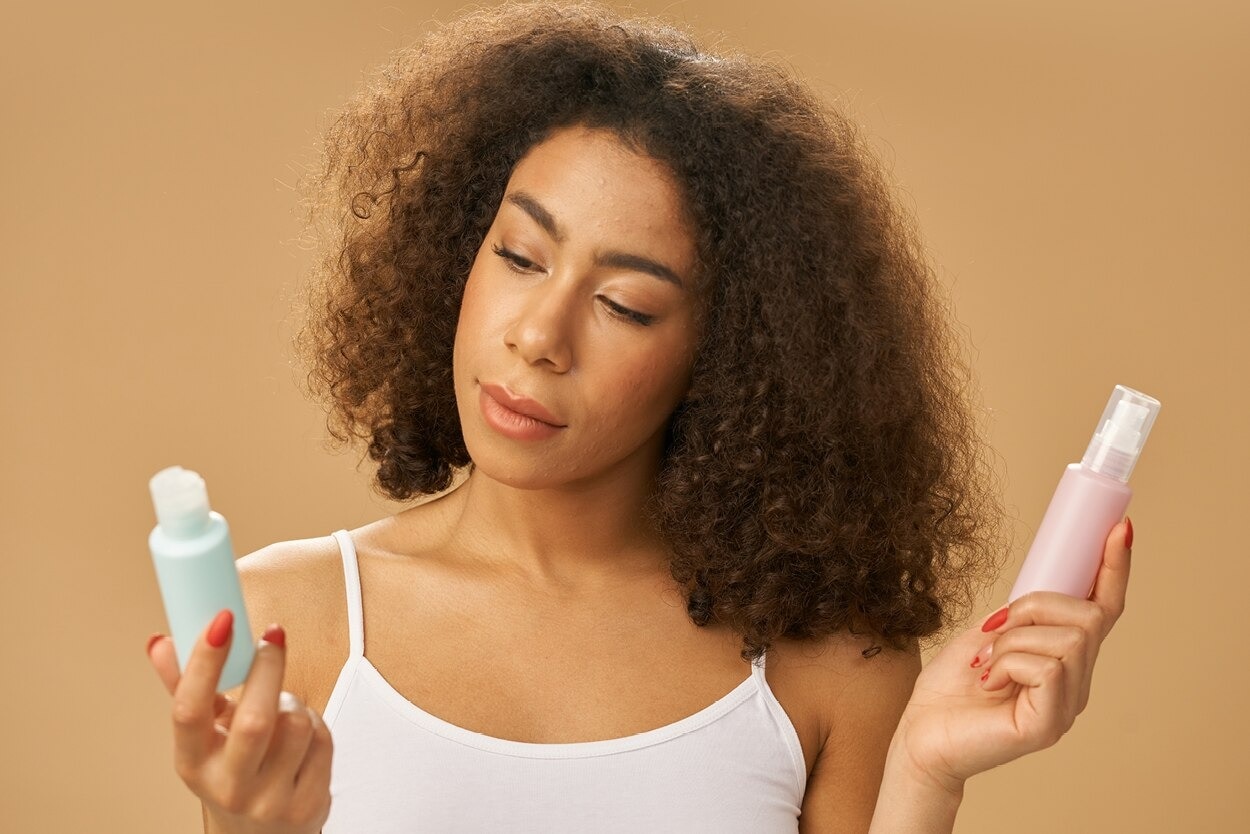
Q. Can mineral sunscreens block UVA rays?
**A. **Yes, mineral sunscreens are capable of blocking both **UVB and UVA rays **effectively. This makes physical sunscreens a good pick for protecting from light-activated UV damage. UVA rays are responsible for photoageing and developing sunspots on the skin, making using physical blockers a good option for ageing skin.
Q. Which type of sunscreen is better for budget buyers?
**A. **If your skincare staples were lined up, the sunscreen will most definitely take one of the top spots of one of the priciest items. Especially when it comes to mineral sunscreens, since they are formulated with quality and pricey ingredients like zinc oxide (the most expensive SPF ingredient out there), physical sunscreens tend to be more expensive. Products formulated with synthetic chemicals can be a good budget buy for affordable product seekers.
Q. Can mineral sunscreens cause acne?
**A. **There are some chances of breaking out from using physical sunscreens. This is because they tend to be heavier and sit on your skin and clog your pores. Similarly, even chemical sunscreens can irritate acne-prone skin and cause blemishes. This is why, while choosing a sunscreen, look for formulations that are suited for acne-prone skin, are mattifying in nature, do not clog pores and are combined with other calming ingredients to soothe the skin.








